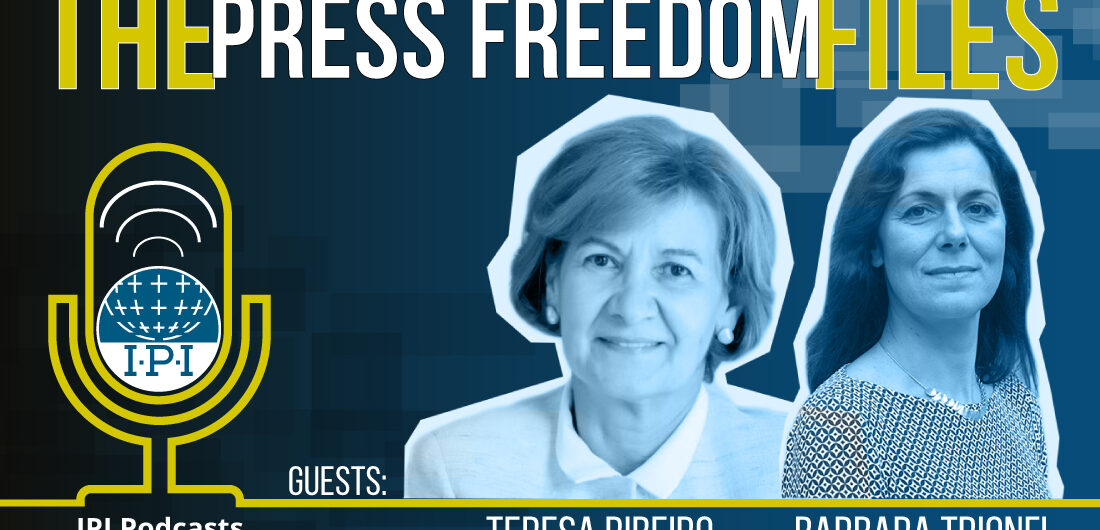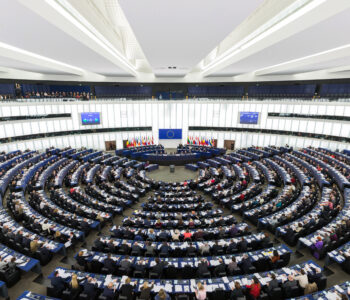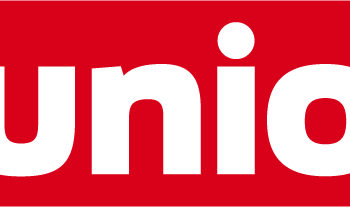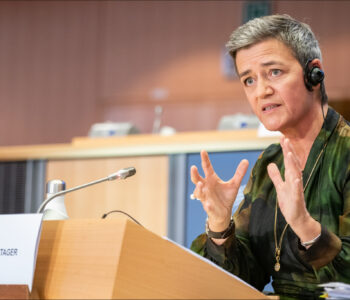 Library
Library
Podcast: What should be done against misogynistic abuse online…
Podcast: What should be done against misogynistic abuse online and by whom?
On International Women’s Day, IPI launched the latest episode of ‘The Press Freedom Files’ with special focus on solutions to address online harassment against women journalists.
IPI speaks with new OSCE Representative on Freedom of the Media Teresa Ribeiro and IPI Executive Director Barbara Trionfi about concrete actions several actors – from governments to the judiciary as well as news outlets – should adopt to combat one a growing threats to press freedom.
Both share the recommendations and suggestions contained in OSCE’s Resource Guide, launched late last year as part of the project Safety of Female Journalists Online (#SOFJO) and IPI’s Newsrooms Ontheline hub, a resource centre for journalists and media organisations that, among other resources, features a specific protocol for newsrooms and video tutorials for journalists to cope with the effects of online harassment.









